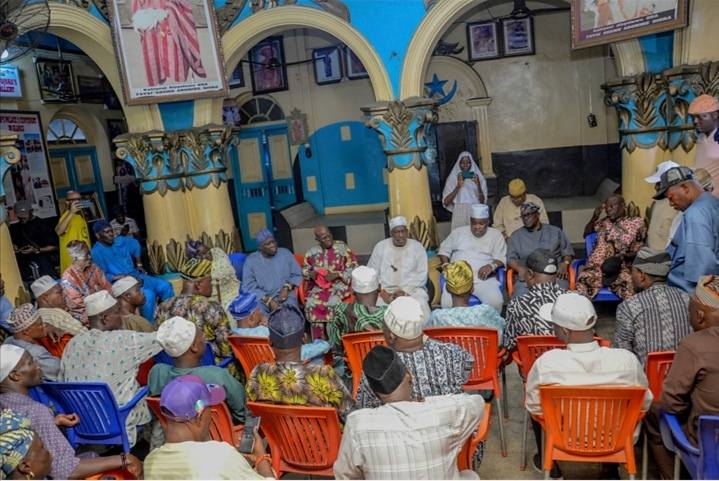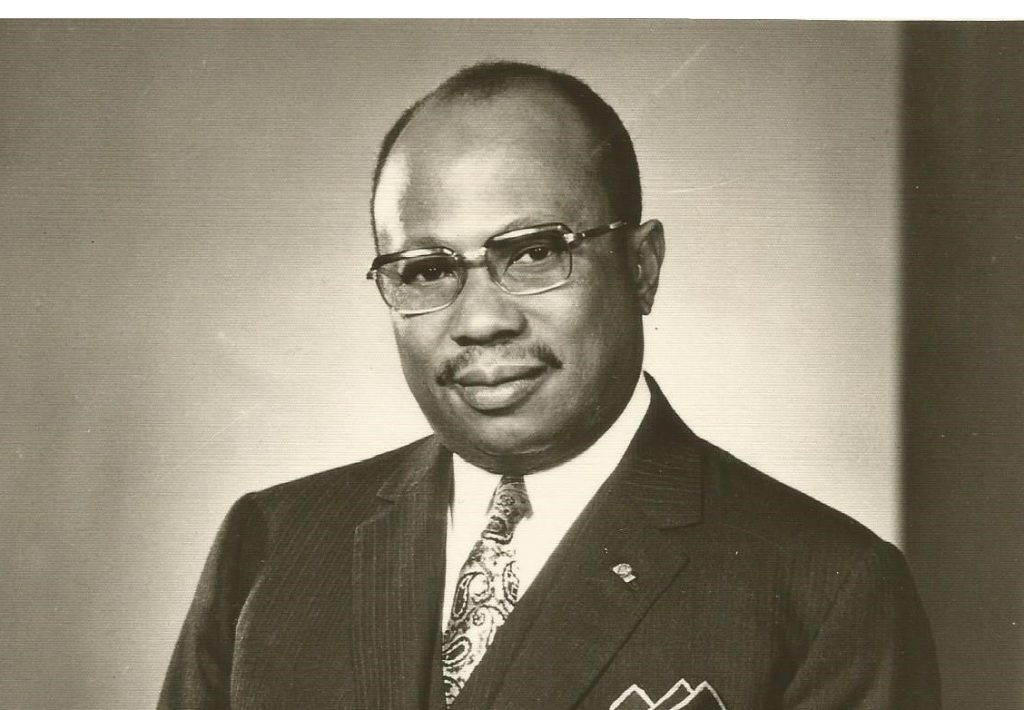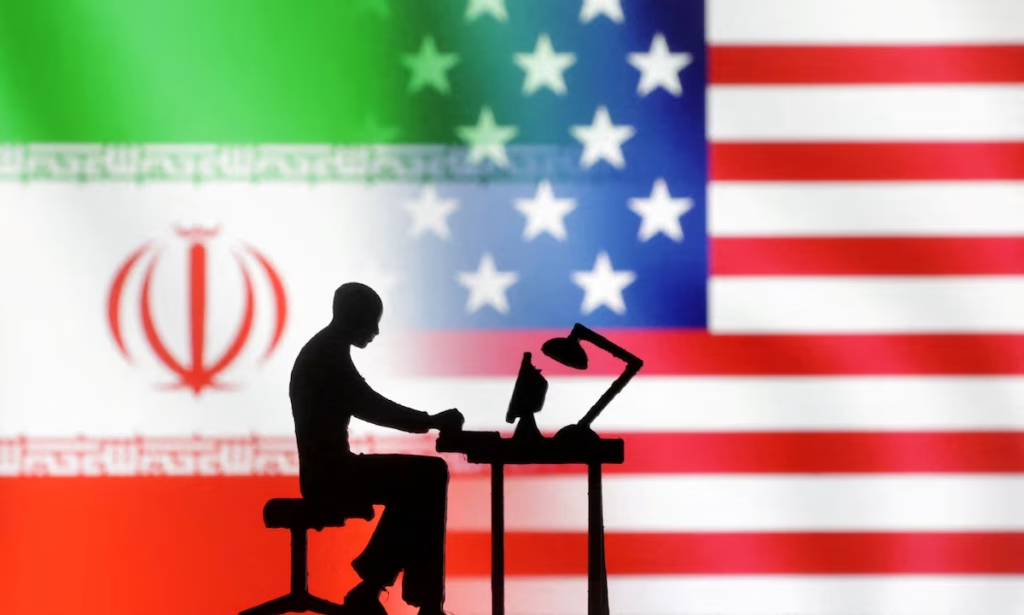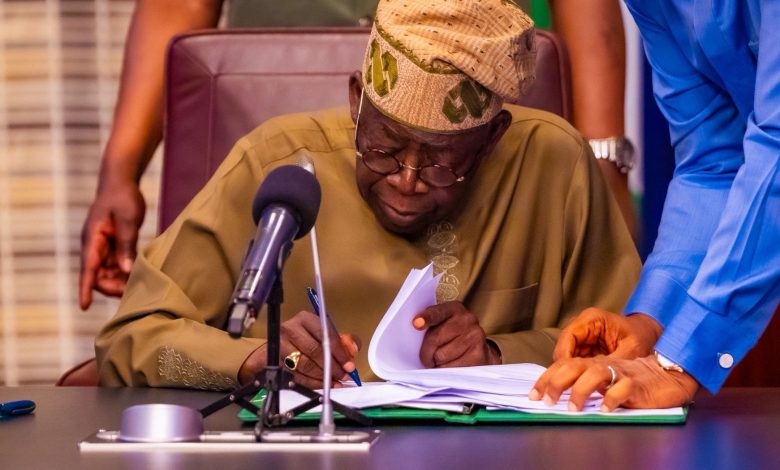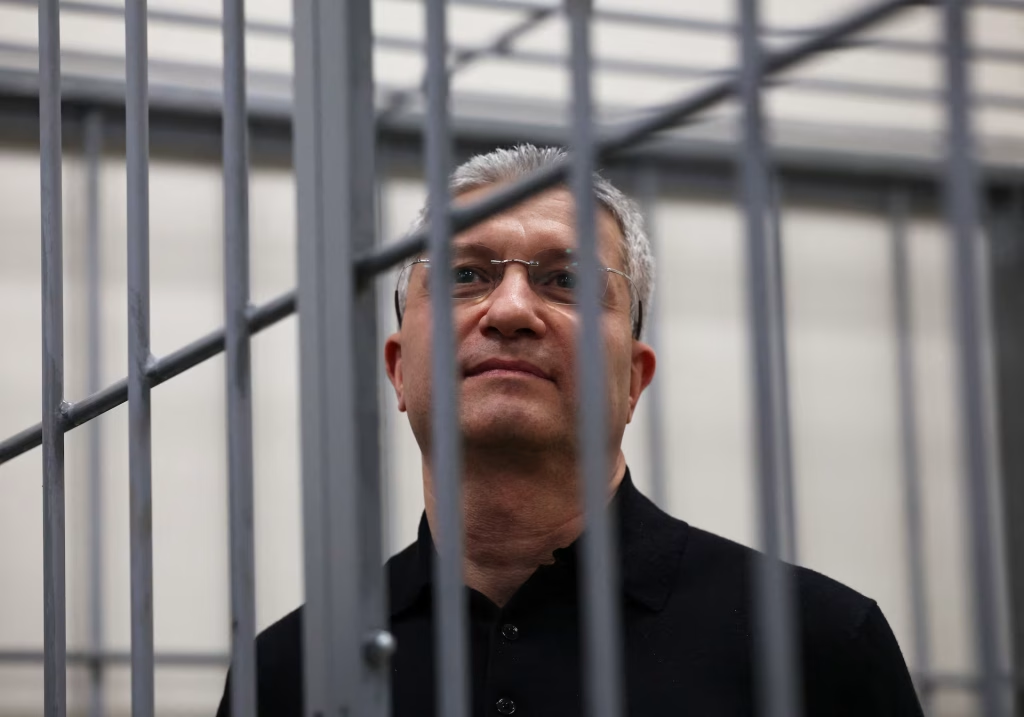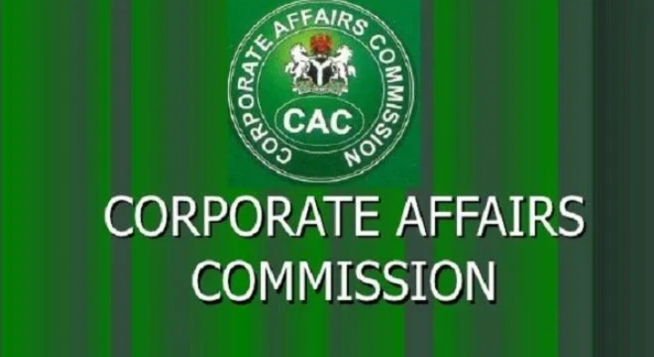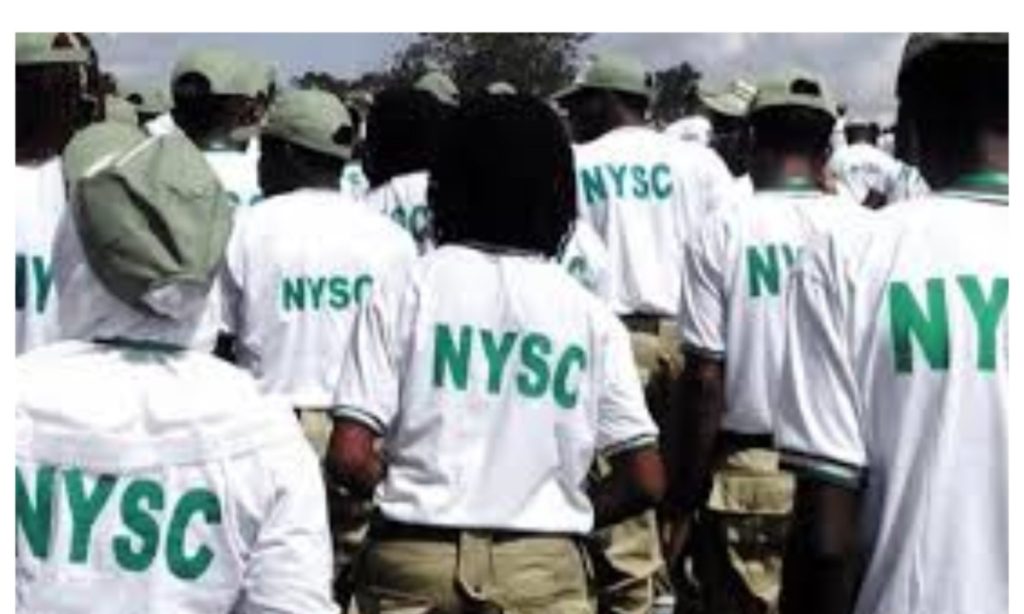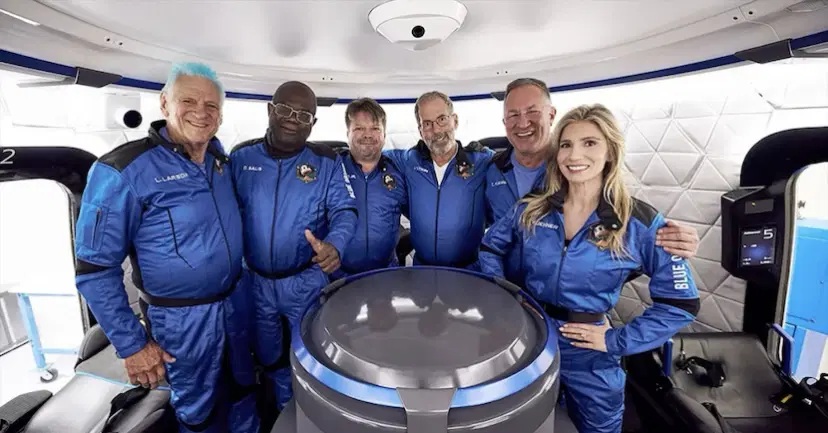News
Talks Off The Table: Iran Holds The Line As Tensions Explode
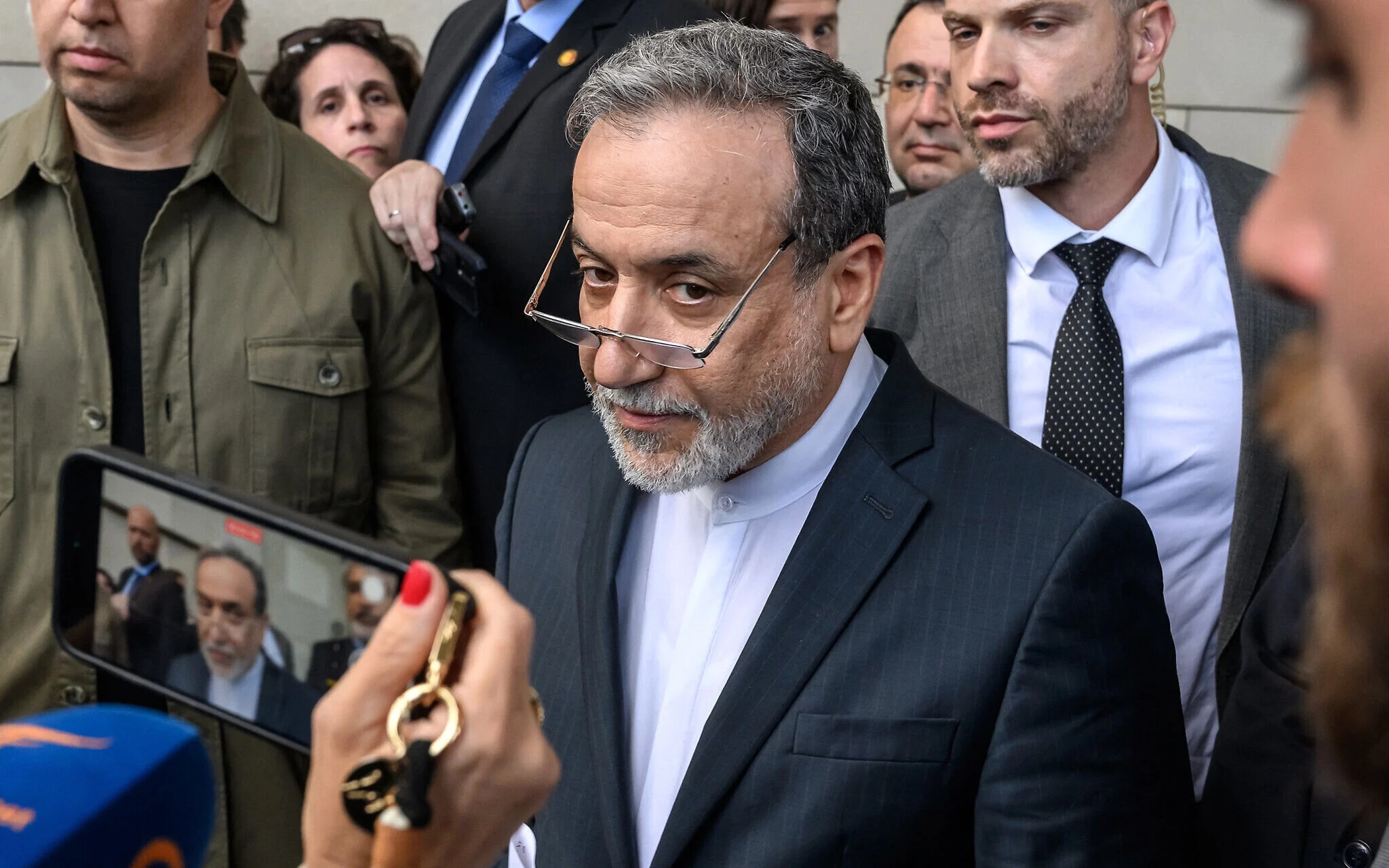
Tensions between Iran and the United States as of Tuesday, July 1, 2025, have reached a new crescendo, as Iranian Foreign Minister Abbas Araghchi categorically dismissed the possibility of an immediate return to negotiations with Washington.
This stance, according to online media reports, comes in direct response to US President Donald Trump’s optimistic assertion that talks with Tehran could recommence as soon as this week.
Araghchi firmly refuted this prospect during a recent interview on CBS Evening News.
The backdrop to these diplomatic maneuvers is fraught with complexity and mistrust.
The foreign ministers of the Group of Seven (G7) nations have jointly called for renewed dialogue aimed at curbing Iran’s nuclear ambitions, emphasizing the urgent need for a peaceful resolution.
However, the situation on the ground has been anything but peaceful.
Talks between Iran and the US regarding Tehran’s nuclear program were abruptly overshadowed when Israel launched a series of strikes targeting Iran’s nuclear and military facilities.
These attacks, which occurred on June 21, saw the US joining Israel in bombing critical sites at Fordow, Natanz, and Isfahan.
Iran has consistently maintained that its nuclear program is intended solely for peaceful purposes.
Nevertheless, both the US and Israel have expressed deep-seated concerns about the potential for Iran to develop nuclear weapons.
Both countries insist that robust safeguards are essential to prevent such an outcome.
In his interview, Araghchi made it clear that Iran would not be rushed back to the negotiating table, especially after the recent military escalations.
He stressed that before any discussions can resume, Iran requires solid guarantees that it will not be subjected to further attacks during the negotiation process.
“In order for us to decide to reengage, we would have to first ensure that America will not revert back to targeting us in a military attack during the negotiations,” Araghchi stated.
He acknowledged that while diplomacy remains an option.
Araghchi also emphasized that “the doors of diplomacy will never slam shut”, Iran needs additional time to assess the situation and secure the necessary assurances.
The Trump administration’s push for renewed talks comes after the US president unilaterally withdrew from the landmark 2015 nuclear agreement.
The agreement had placed strict limits on Iran’s uranium enrichment in exchange for relief from international sanctions.
Under that deal, Iran was permitted to enrich uranium only to a purity of 3.67 percent, suitable for civilian energy production.
However, following the US withdrawal, Iran began enriching uranium to 60 percent, far above the threshold for civilian use, though still below weapons-grade levels.
President Trump has claimed that the recent US and Israeli strikes have “obliterated” Iran’s nuclear infrastructure.
Also, senior American officials have suggested that it would be nearly impossible for Iran to revive its atomic program.
Araghchi, however, rebuffed these claims, arguing that technological expertise and scientific knowledge cannot simply be erased through military action.
“One cannot obliterate the technology and science for enrichment through bombings,” he asserted.
Araghchi expressed confidence that Iran could swiftly repair the damage and recover lost ground if it chooses to do so.
The aftermath of the attacks has also strained Iran’s relationship with the International Atomic Energy Agency (IAEA).
Iranian President Masoud Pezeshkian recently criticized the IAEA’s leadership for what he described as “destructive” behavior.
This prompted Tehran to suspend its cooperation with the agency.
According to Al Jazeera’s Resul Serdar, Iranian officials have stated that IAEA inspectors will only be allowed to return once Iran’s nuclear sites are secured from further attacks.
Meanwhile, the G7 foreign ministers have expressed support for the recent ceasefire between Iran and Israel.
They have also called for the resumption of negotiations between Tehran and Washington.
In their joint statement, they emphasized the need for a “comprehensive, verifiable and durable agreement,” to address Iran’s nuclear program.
They urged all parties to refrain from actions that could further destabilize the already volatile region.
In summary, the path to renewed US-Iran nuclear talks remains uncertain and fraught with obstacles.
The international community continues to advocate for dialogue and de-escalation.
On the other hand, Iran’s insistence on security guarantees and the lingering mistrust following recent military actions suggest that any resumption of negotiations will require patience, careful diplomacy, and a genuine commitment to building trust on all sides.
For Diaspora Digital Media Updates click on Whatsapp, or Telegram. For eyewitness accounts/ reports/ articles, write to: citizenreports@diasporadigitalmedia.com. Follow us on X (Fomerly Twitter) or Facebook



